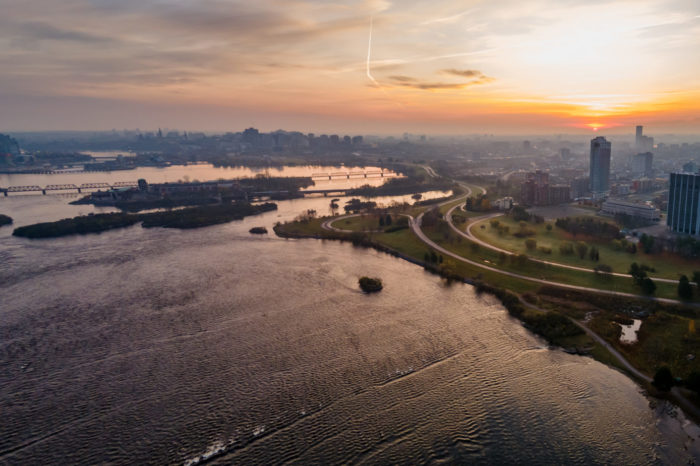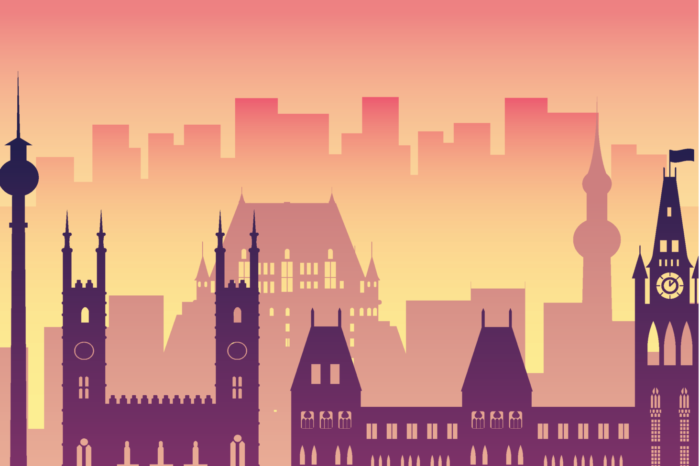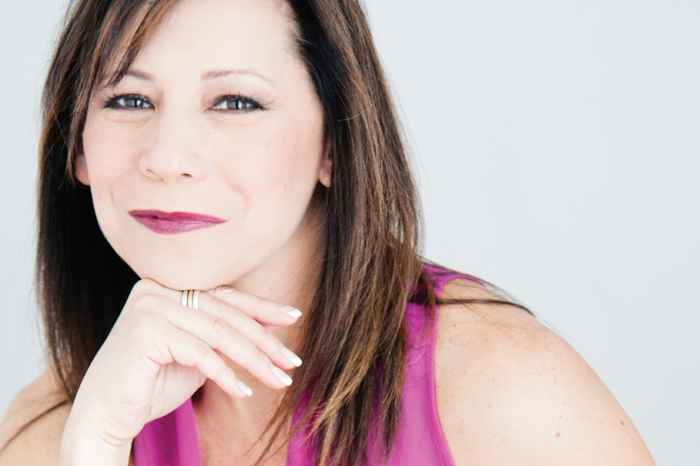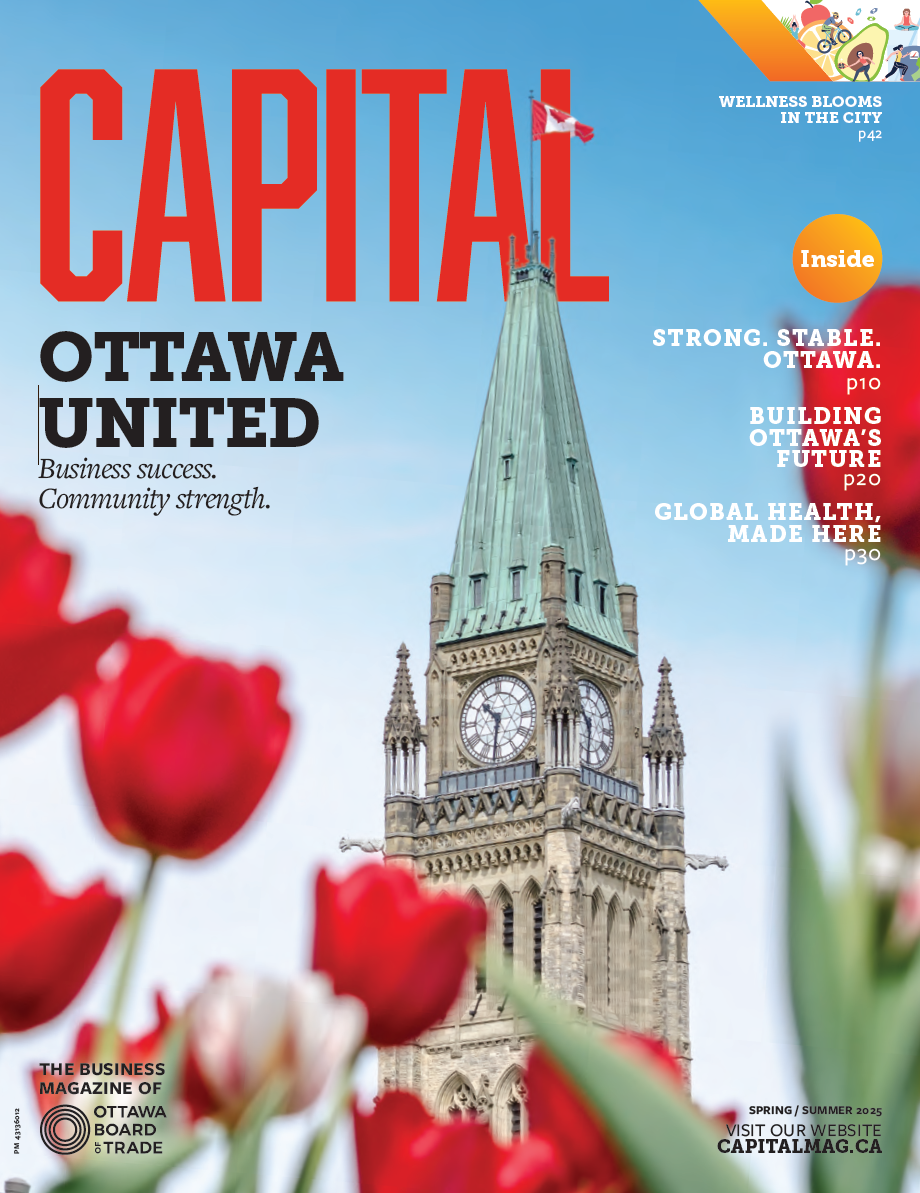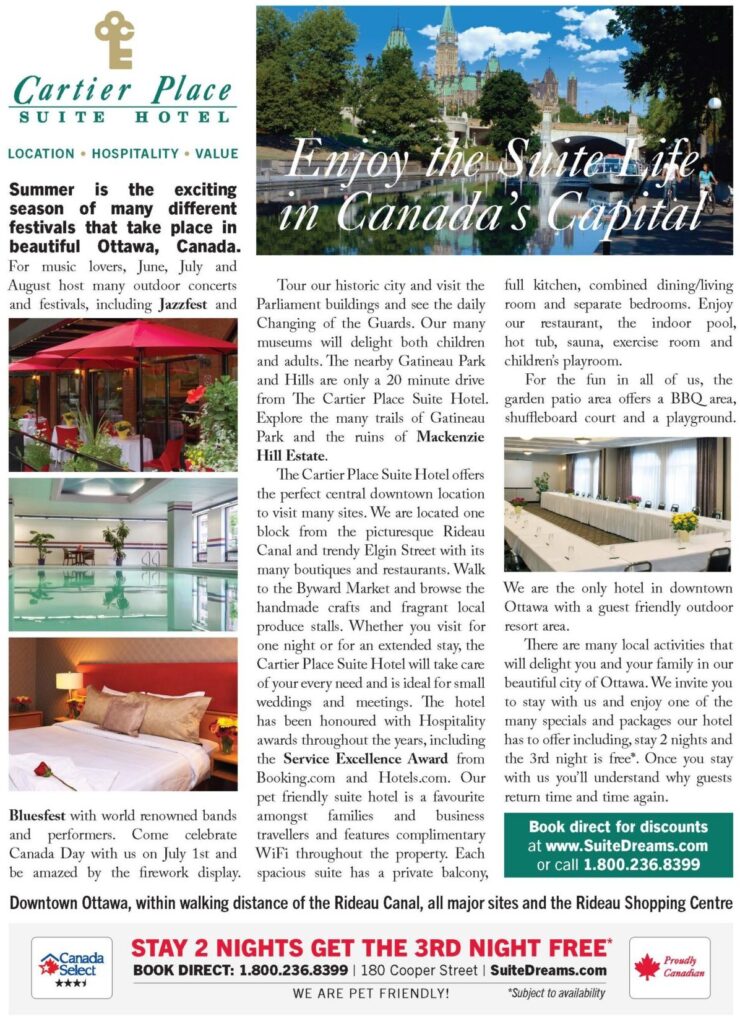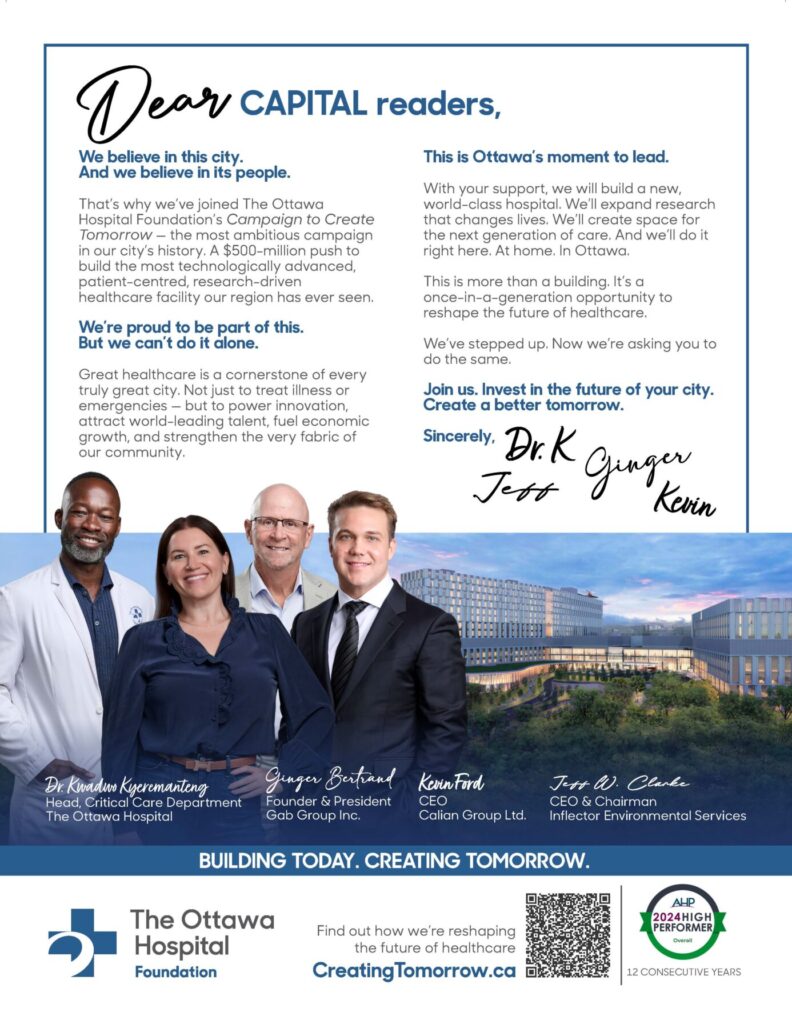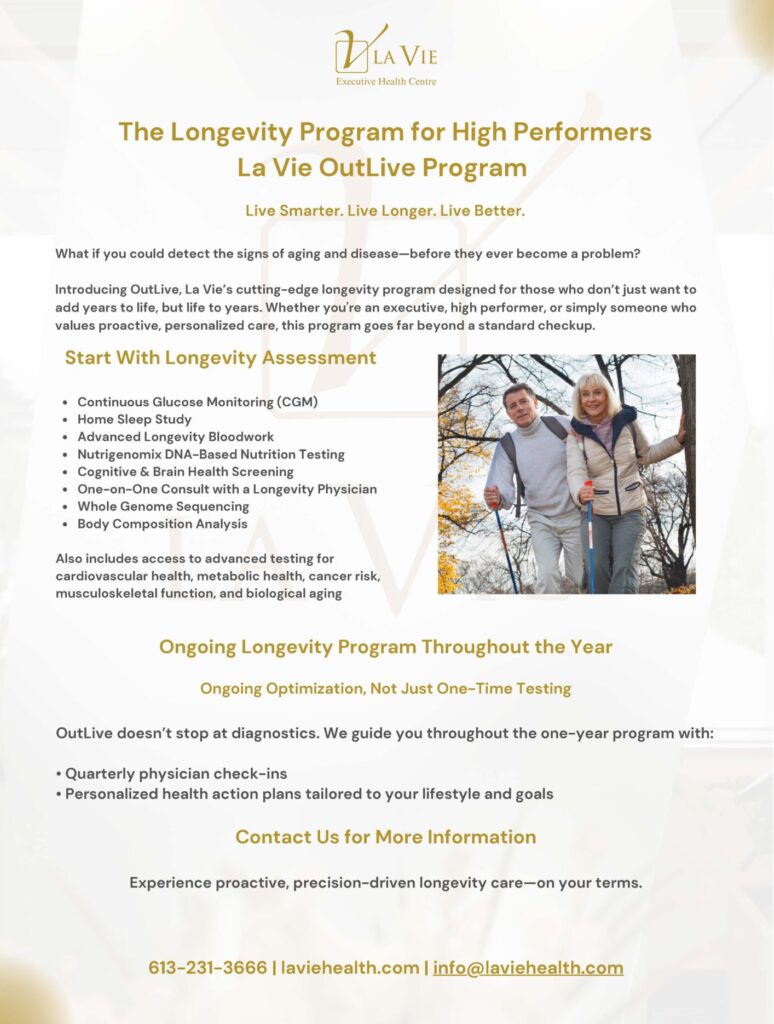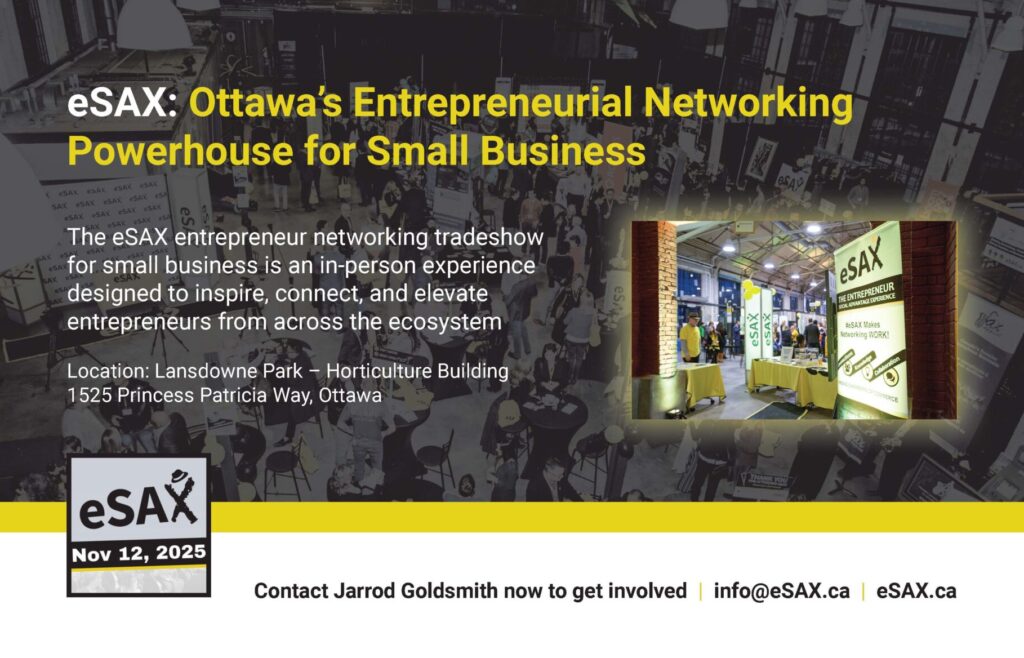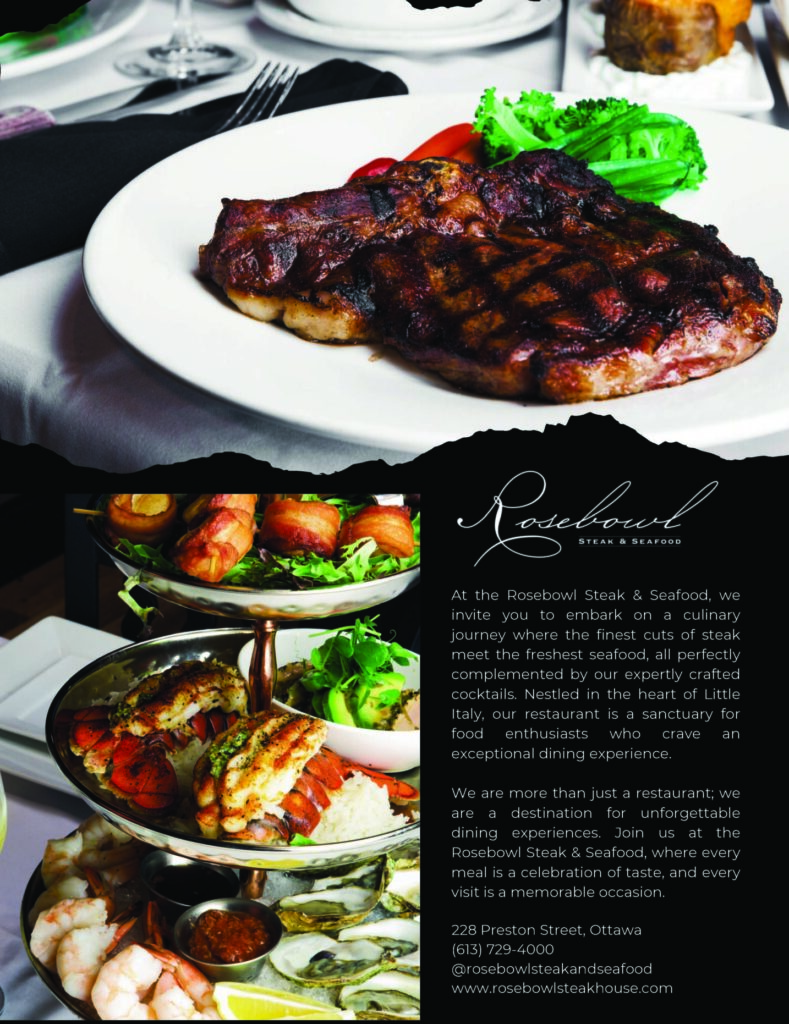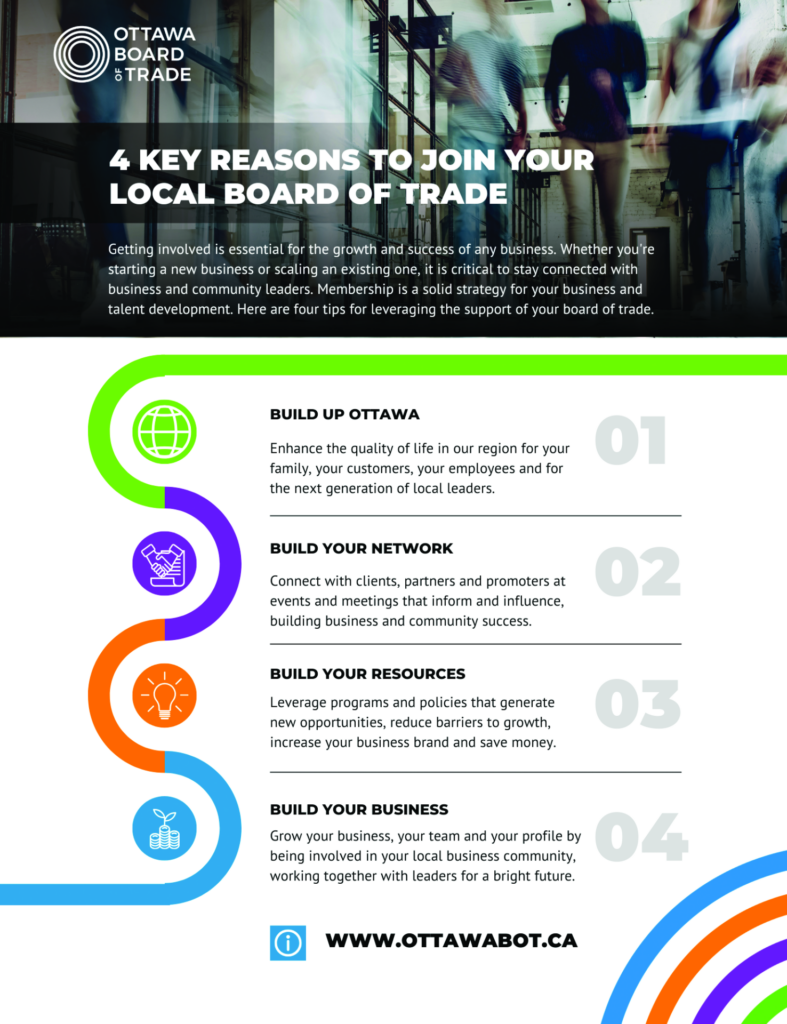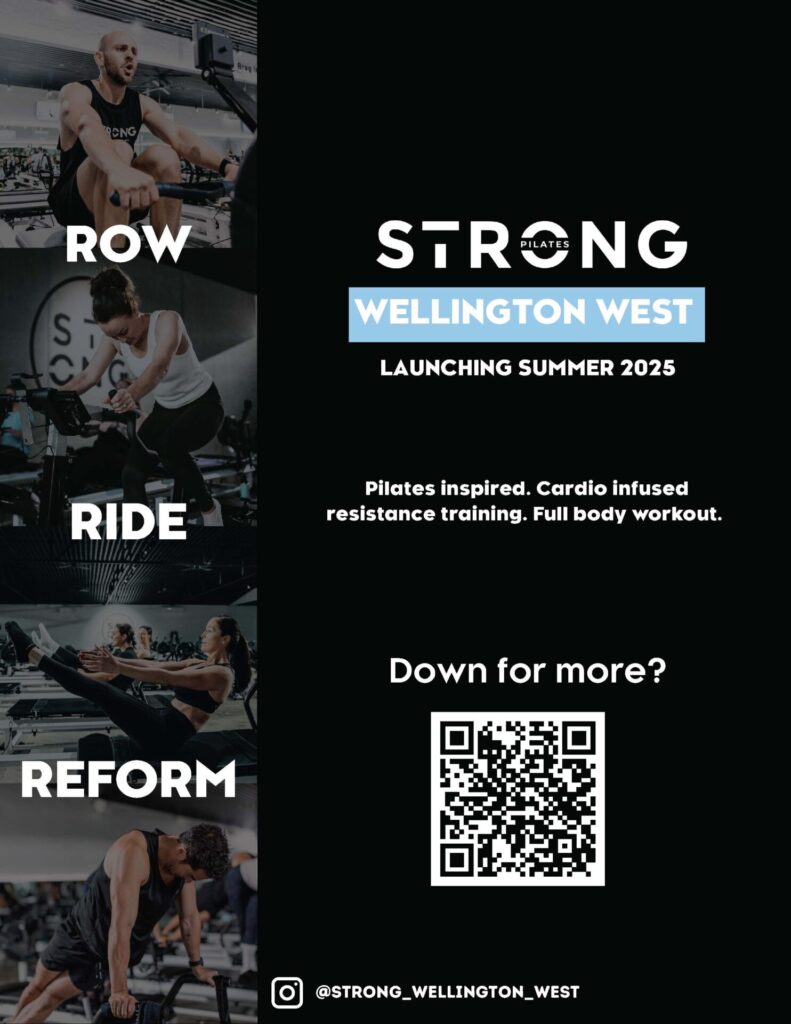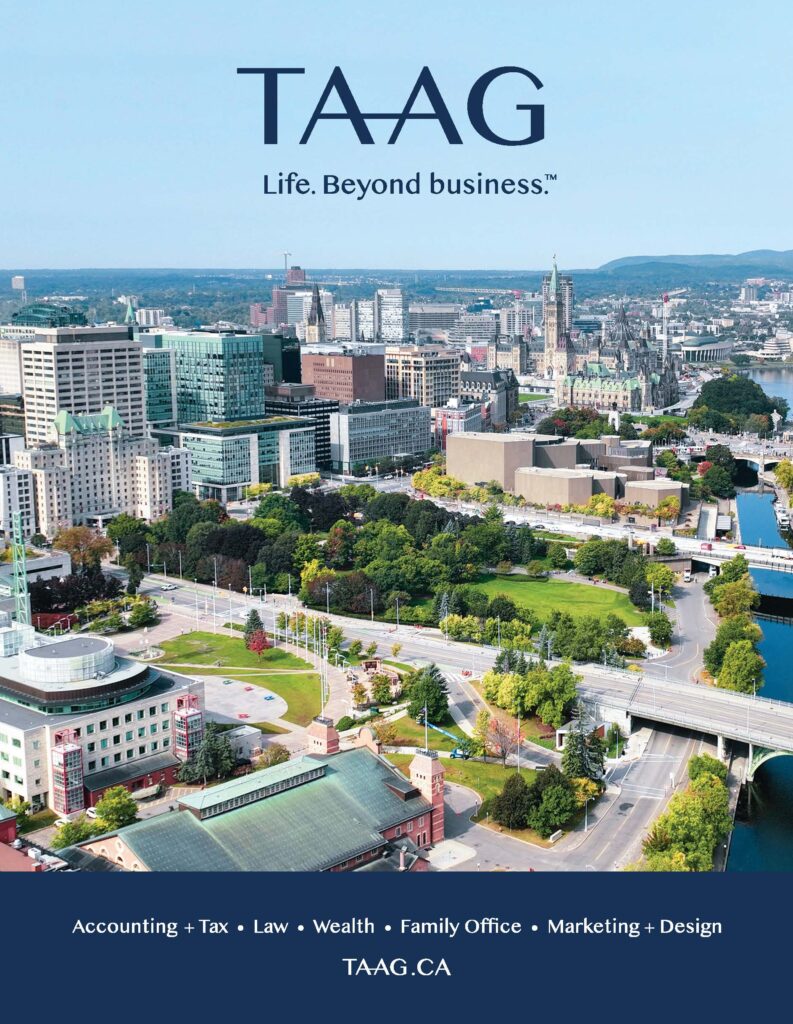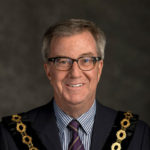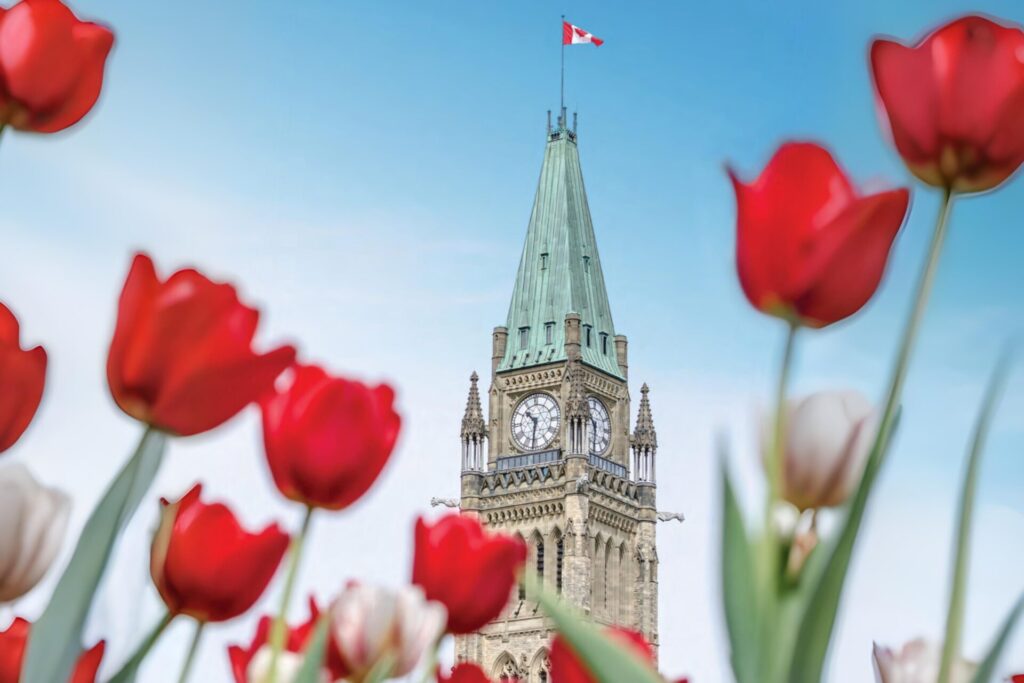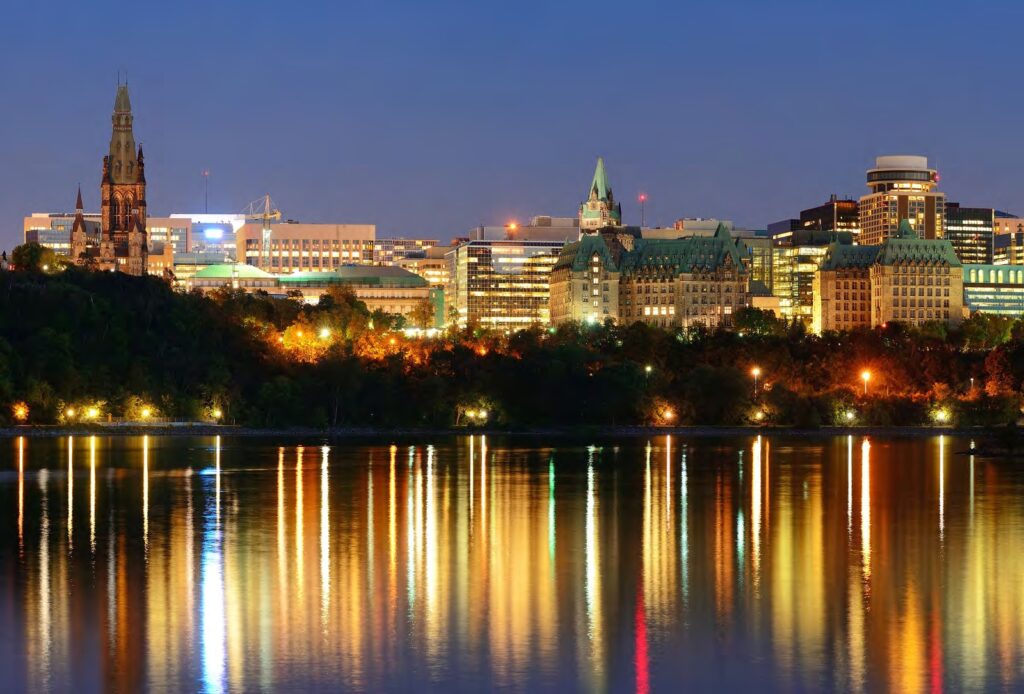The Last Word – Mayor Jim Watson
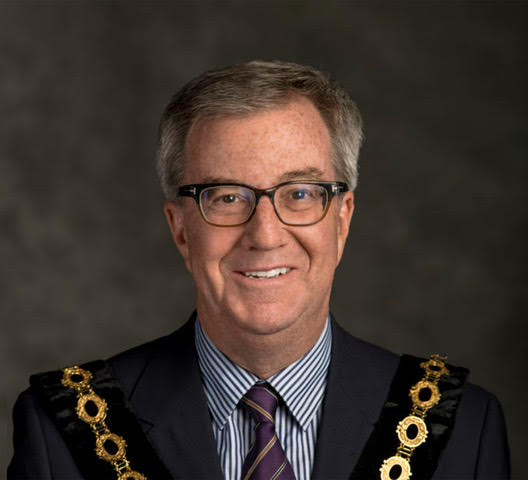
CAPITAL What are your fondest reflections of Ottawa during your mayoralty terms in office from 1997 to 2000 and from 2010 to date?
My fondest reflection is that we continue to be a very caring city. For example, we helped to facilitate the arrival of over 4,000 Syrian refugees. We are now helping Ukrainians who want to relocate to Ottawa because of war in their country.
I’ve seen so many good people get behind good causes when the going got tough. A great example is Joe Thottungal, owner of Thali Restaurant, who prepares meals every day out of his kitchen for people living in shelters. I’ve seen various fundraisers pop up after disasters, such as flooding or the tornado in 2018.
People like Dave Smith, founder of the Dave Smith Youth Treatment Centre, broadcaster Max Keeping, who was involved in many civic causes, and Jean Piggott, a politician and businessperson who was very involved in the community – all of whom are no longer with us, always set the bar very high to remind people that we have an obligation to give back to those who are less fortunate.
CAPITAL: Is there anything you would have done differently, knowing what you know now?
I’ve never been one to look in the rear view mirror. You can’t change the past. I’m satisfied that what I tried to do over the course of my four terms in office was to put forward a realistic platform of attainable commitments, and then live up to those commitments.
CAPITAL: How have you seen Ottawa grow and develop since 1997?
A lot has happened over the last 25 years. We went through both the best of times and the worst of times when it came to the high tech sector. We lost Nortel and other big companies, but we’ve bounced back in a bigger and better way. We now have the largest tech park in Canada.
We’ve seen more investment, including more angel investors. We’ve invested record amounts of dollars in infrastructure in things like the LRT, bridges, the Ottawa River Action Plan, and various housing initiatives. We’re building what will be the first of its kind – a net-zero carbon gold standard new Central Library, which is a joint effort of the federal and municipal governments.
The other thing that’s important, because tourism is our third largest industry, is we’ve invested significant dollars in tourism. Prior to COVID we were firing on all cylinders and setting record airport arrivals and hotel occupancy. Now we have to rebuild that industry.
CAPITAL: What do you view as Ottawa’s main attributes as you assess the city’s prospects over the next 25 years?
We have a very safe city. We are also a very green city. We have a high quality of life, with a commitment to protecting our environment and our waterways. We are devoted to education, and to having the best quality secondary and post-secondary institutions.
Several major projects that we are investing in today will reap benefits in the future, including Phase II and Phase III of the LRT, the new Central Library, and the new Civic Hospital to improve the health care of our citizens.
CAPITAL: What are your future plans after retiring as the longest serving Mayor in Ottawa’s history?
I haven’t had a lot of time to really think about it. I still have a job until November 15, 2022, so my focus is to wrap up any items that need wrapping up over the course of the next several months. Then maybe I’ll take a little bit of down time and go and see what’s out there.
I would certainly like to do more volunteer and charity work. I’ve put that on the backburner for the last number of years, because there’s not a lot of time to do that when you’re Mayor. But I want to be able to give back to the community that’s been so good to me for many years.

